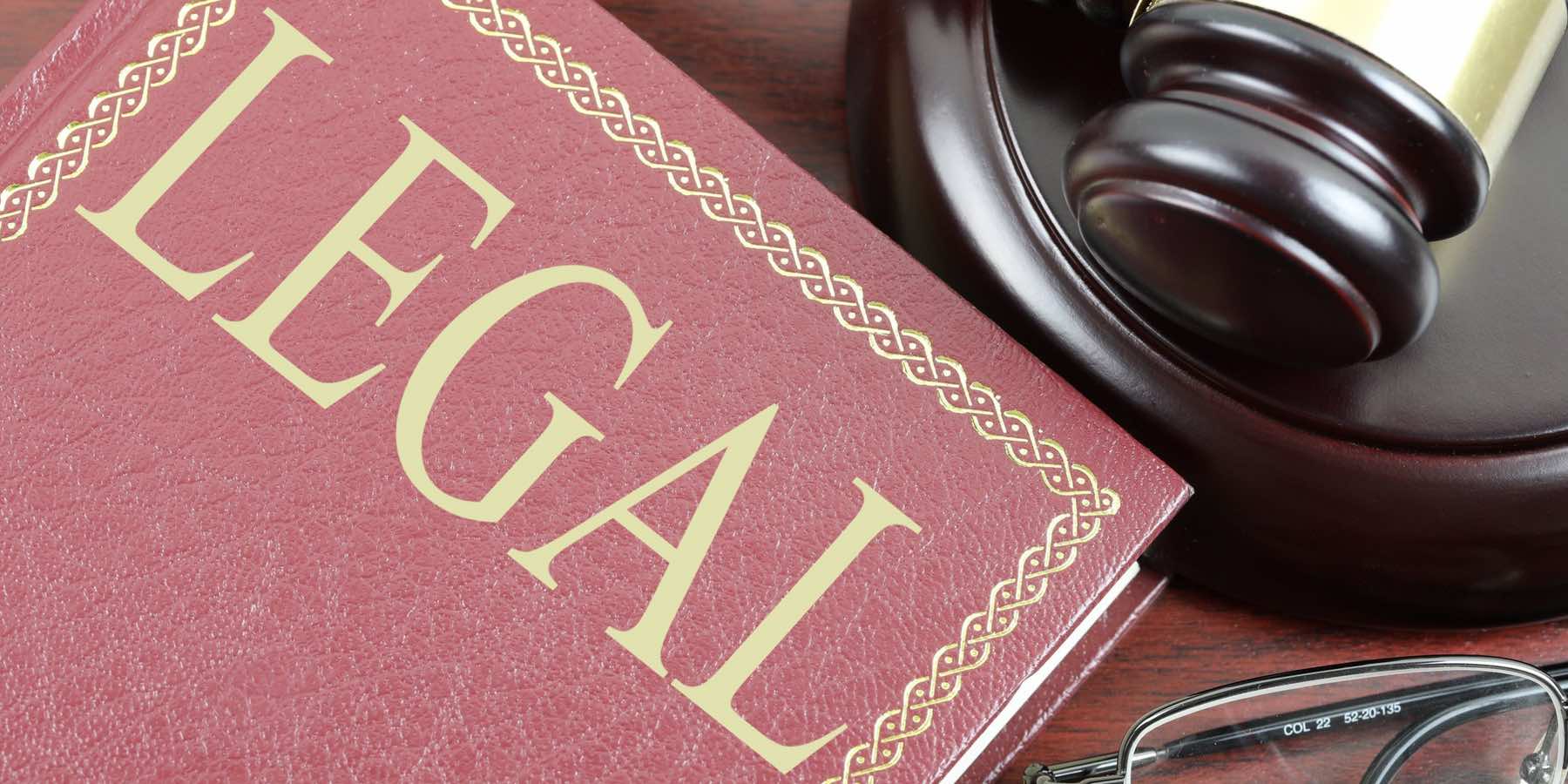In the globalised world we live in, where the borders between states are fading more and more and national economies have become highly interdependent, it is not uncommon to need documents with legal value even outside a particular country. This need is met by sworn translation services. Let’s take a look at what this means.
What exactly is a sworn translation?
A sworn translation is the translation of a document whose legal validity must be guaranteed in a country other than the one in which it was originally drafted. The translation itself becomes a legal act through a sworn declaration. The declaration differs from a simple translation because it forces the translator signing the document to declare responsibility for their translation, guaranteeing the accuracy of the document.
The translator also provides a declaration which is attached to the translation and must in turn be stamped and signed by a public official who records it at the Court’s Certification Office. Since this act is issued by a judicial body, the sworn declaration must follow precise rules:
- The original version must always be attached to the translation, either in copy or in original depending on the type of document translated.
- The set of documents must also include a sworn declaration, which is usually provided by the Certification Office or downloaded directly from the website of the competent court. The translator must fill in the statement with their personal information and sign it before the judicial officer at the time of the certification.
- A sworn translation must have the appropriate revenue stamps affixed. According to the provisions of the Court of Mantua, which Translation Agency relies on, a revenue stamp of 16 euros is generally applied to the certificate.
- The translator must sign the last page of the translation. If the translator has an official personal stamp, this must also be applied.
Although this is the official practice in Italy, each court may have slightly different procedures established by its own internal rules. Thus it is always advisable to contact the Certification Office of the competent court to obtain detailed information on the sworn translation process.
What if my sworn translation is not for Italy, but for a foreign country?
When a sworn translation or a public document is destined for a foreign country, it must be legalised or bear an apostille. These two terms basically mean the same thing: they indicate a way to certify the legal qualification of the public official who signed the certificate and the authenticity of their signature. The apostille is used in the signatory countries of the Hague Convention of 5 October 1961, while legalisation applies for all the countries that have not signed the same Convention.
When is a sworn translation needed?
Translations of legal documents, notarial deeds and certificates generally need to be sworn. Here are some examples: birth or death certificates, marriage or divorce certificates, foreign driving licences, vehicle registration documents, certificates and changes of residence, documents for applying for citizenship, deeds of sale, etc.
A sworn translation is also often required for documents which, although not legal, contain relevant information for a foreign institution, such as academic qualifications, financial statements, employment contracts, tax returns and professional certifications.
Translation Agency offers sworn translation services for various language combinations. You can rely on our team of certified translators to translate your documents and ensure their legal validity in Italy and abroad. To receive a quote or for more information on the sworn certification service, contact us today by filling in the form on the Contact page, or by sending us an email. Translation Agency will reply within a few hours.






